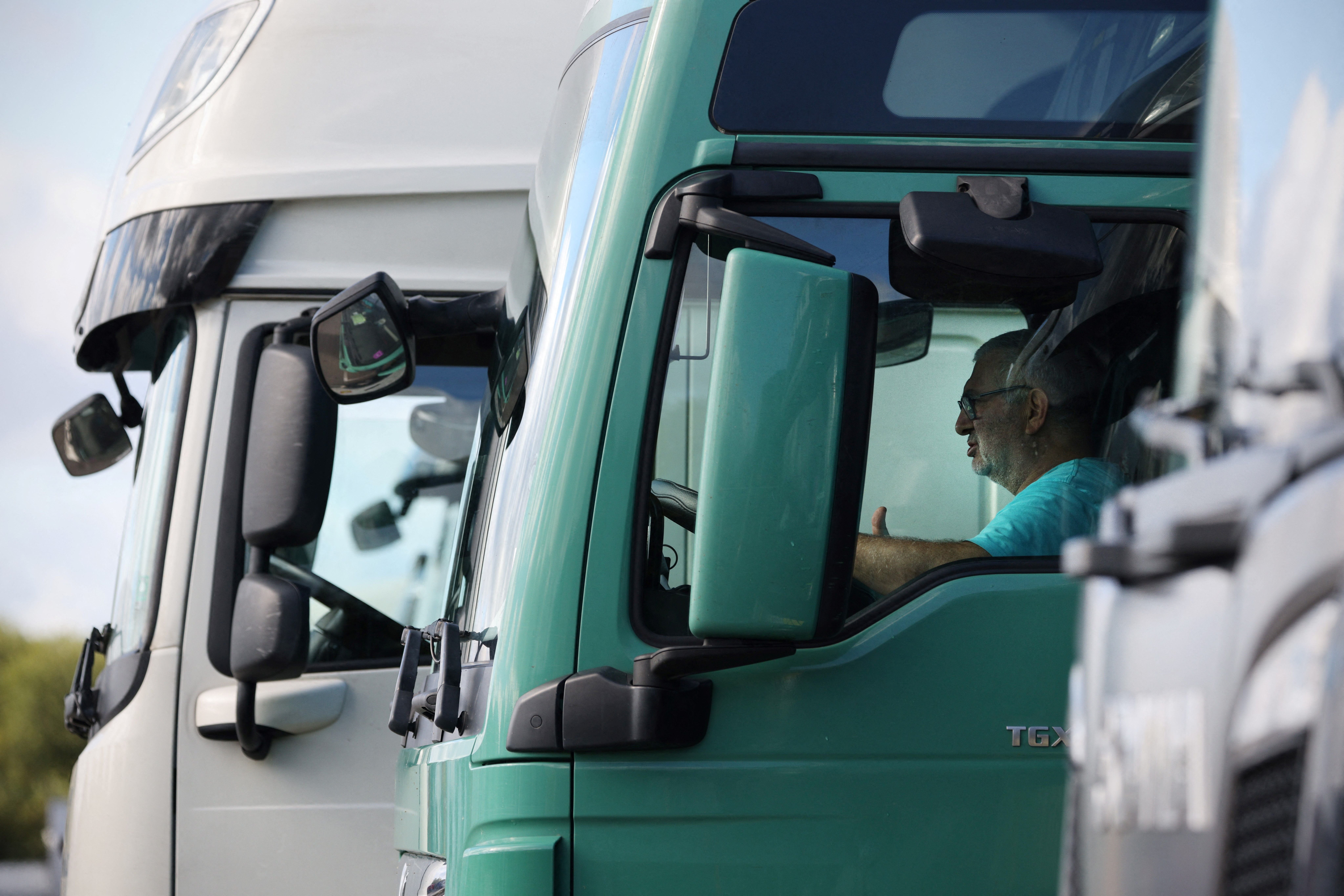Welsh ports hit with 30% reduction in traffic ‘due to Brexit’
Holyhead and Fishguard ports hit ‘quite hard’ by Brexit, said a ferry operator

Your support helps us to tell the story
From reproductive rights to climate change to Big Tech, The Independent is on the ground when the story is developing. Whether it's investigating the financials of Elon Musk's pro-Trump PAC or producing our latest documentary, 'The A Word', which shines a light on the American women fighting for reproductive rights, we know how important it is to parse out the facts from the messaging.
At such a critical moment in US history, we need reporters on the ground. Your donation allows us to keep sending journalists to speak to both sides of the story.
The Independent is trusted by Americans across the entire political spectrum. And unlike many other quality news outlets, we choose not to lock Americans out of our reporting and analysis with paywalls. We believe quality journalism should be available to everyone, paid for by those who can afford it.
Your support makes all the difference.Two major ports in Wales saw trade plummet by 30 per cent in 2021 as a result of post-Brexit changes in the way freight is moved, a ferry operator has said.
Stena Line UK, who runs the Holyhead and Fishguard ports, said it had been hit “quite hard” by the UK’s new customs controls that were implemented at the start of this month.
Speaking to the BBC Politics Wales programme, Stena UK boss, Ian Davies, said: “In January, we saw a big drop off ranging from 50-60 per cent of our freight volumes.
“As people really kind of got used to the new regimes and the new documentation that was required, I would say it caught quite a few, not so much in the haulage industry but their customers, unaware.
“But then things gradually improved, but we seem to have plateaued; currently, we’re probably in the region of 30 per cent down on our 2019 volume.”
He later added: “I think now we’re probably in a position to say yes, this is really the effect post-Brexit of where we are and slight changes in the way that people are moving freight.
“If we look at the Irish Sea in its entirety, the freight volumes are roughly the same.
“What has been adversely affected is really the Welsh ports and the Welsh routes so far.”
Looking optimistically into the future of UK-EU trade, Mr Davies said he thought “things will improve”.
The leader of the Welsh Liberal Democrats, Jane Dodds, slammed the UK government for doing “half a job” of the Brexit trade negotiations.
“Whether it’s the unacceptable levels of new red tape for our hauliers and small businesses, the lack of an adequate veterinary agreement for our farmers, or the impact of lost development funds on our most deprived regions, the Conservatives are failing to even attempt to address the problems they have caused on multiple fronts,” she said.
It comes after extensive tailbacks stacked up on the main road into the Port of Dover this week.
Eastbound congestion on the A20 yesterday saw restrictions placed to manage the traffic, including a 40mph speed limit and control on lorry drivers to use the left lane only.
One haulier told The Independent lorries being subjected to checks of 15 to 20 minutes in order to pass the new Goods Vehicle Movement Service (GVMS) system.
“It’s entirely Brexit – you can’t blame it on anything else but Brexit,” said the driver.
Join our commenting forum
Join thought-provoking conversations, follow other Independent readers and see their replies
Comments